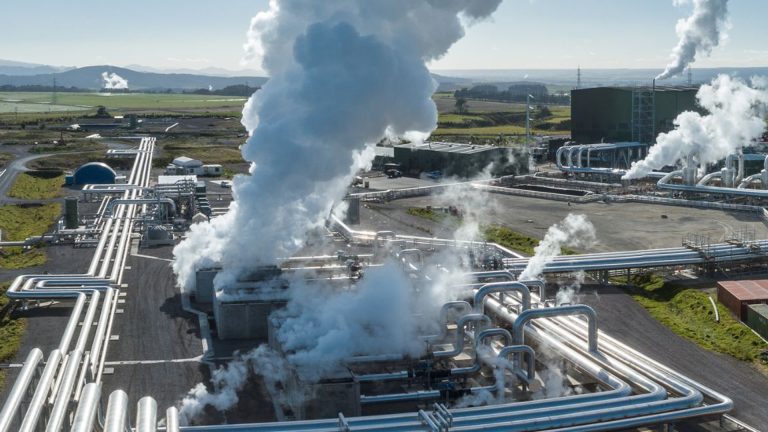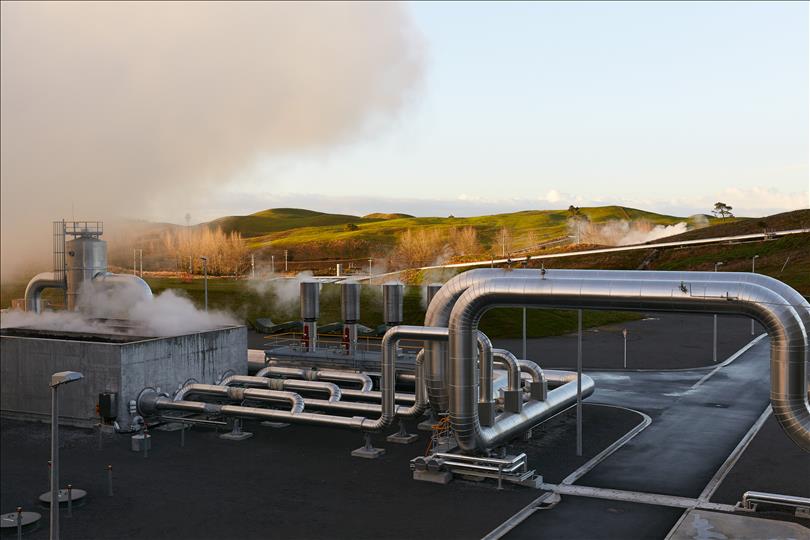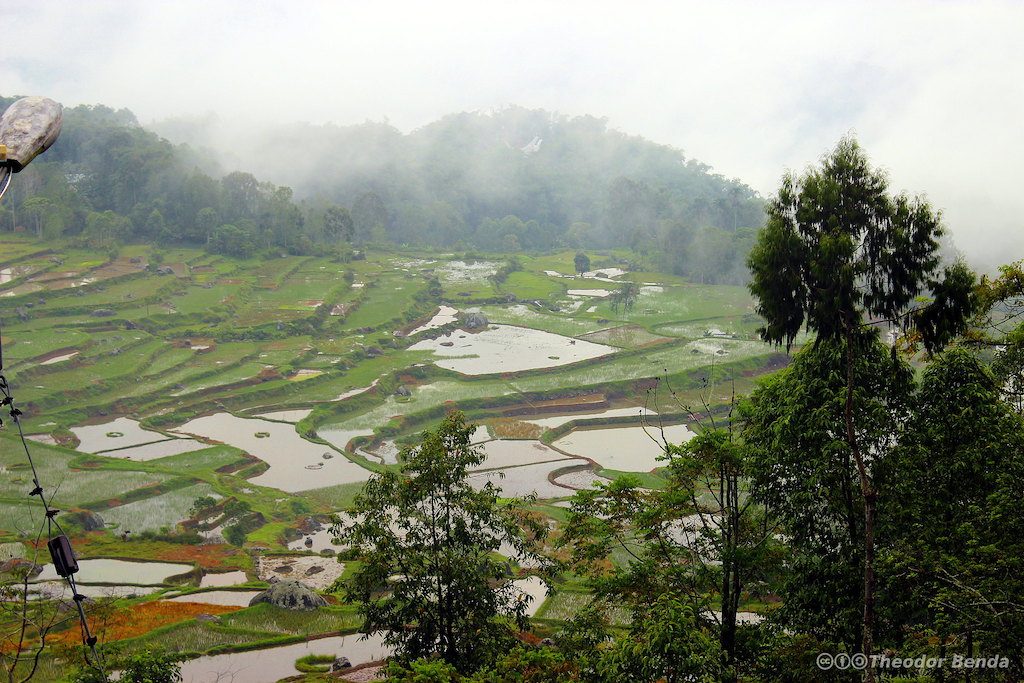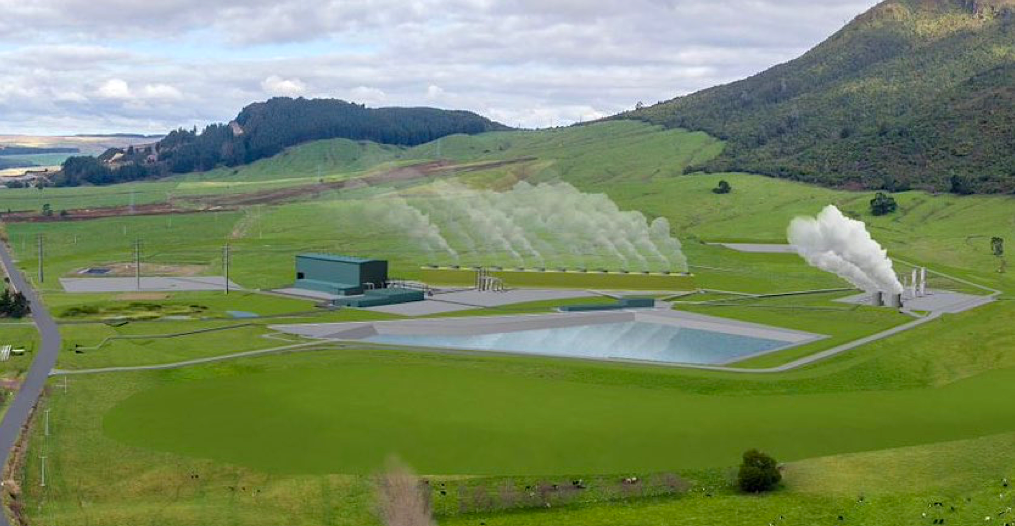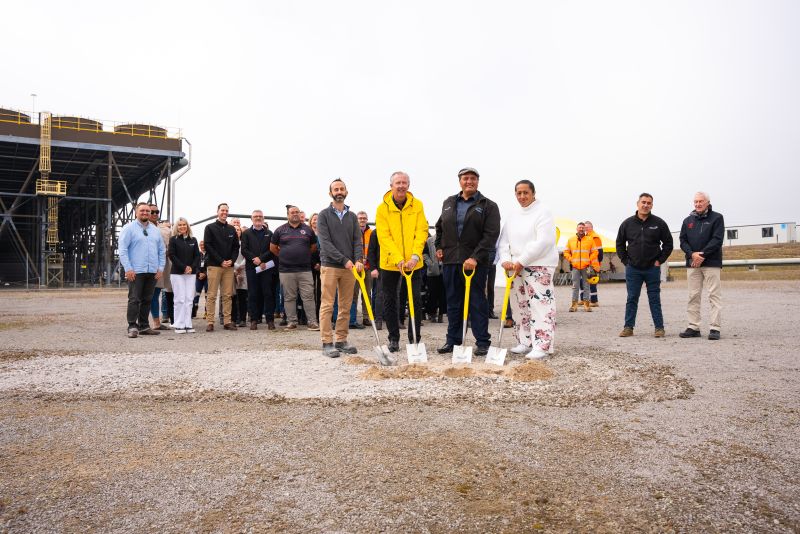The European Bank for Reconstruction and Development may consider the commercial financing of nuclear safety and decommissioning projects as it looks beyond its traditional remit of legacy projects supported by donor funds, Balthasar Lindauer, director of the EBRD's Nuclear Safety Department.
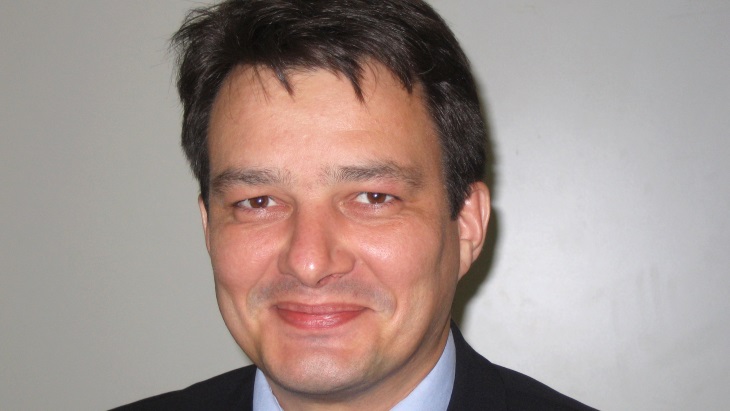 Balthasar Lindauer, director of the EBRD's Nuclear Safety Department (Image: EBRD)
Balthasar Lindauer, director of the EBRD's Nuclear Safety Department (Image: EBRD)
"Longer term I think we need to move away from dealing with legacies and work with countries interested in financing safety improvements and waste management projects," Lindauer said.
The department has provided commercial financing once so far - for safety upgrade work at Ukraine's nuclear power plants. More recently, it has started talks with the regulator in Turkey, which is developing a nuclear power programme.
"I think we're getting to the point where we need to find our position on this. It may well be that we as an organisation will have done our bit on nuclear safety, with the legacy issues, but I want to make sure this is a conscious decision on the basis of planning and not as an accident. We are currently still very busy with the funds that we have so there is no immediate need for decision making, but we do need to prepare for that question."
Funding
The EBRD is owned by 69 countries, as well as the European Union and the European Investment Bank. It manages seven donor funds supporting nuclear safety and security in Eastern Europe: Nuclear Safety Account; Chernobyl Shelter; Bohunice, Ignalina and Kozloduy International Decommissioning Support Funds; Nuclear Window of the Northern Dimension Environmental Partnership Support (NDEP); and Environmental Remediation Account for Central Asia (ERA).
The EBRD has provided commercial financing - jointly with Euratom, providing EUR300 million each - for safety upgrade work at Ukraine's nuclear power plants, but this is currently the only loan the bank provides to the nuclear sector. Before that, modernisation work was completed at Khmelnitsky unit 2 and Rovno unit 4. This has been a "fairly controversial" project for some of the bank's shareholders, Lindauer said, but as it completes the legacy issues, the bank may look beyond donor funds to other financing models for its future activities in nuclear safety.
"That's fairly difficult of course. We would need to convince our banking colleagues and our shareholders and, last but not least, need to prove ourselves in the market," he said, stressing that any form of support the bank offers would need to be compatible with its mandate.
"Most of what we have done so far is very targeted at certain legacy issues, like Chernobyl in Ukraine, where you can say these countries historically did not have time to build up enough funds or the expertise to do these things, and we are ready to help because it is in the international interest to sort these issues out," he said. "Such cases may arise again, but they are limited. The business model is there if major donors want to tackle a complex programme. Totally hypothetically, what happens if North Korea changes its position and agrees to decommission its nuclear facilities. If they were to decide on decommissioning this would be something the international community might want to support and the bank, with its experience in implementing such programmes, could consider doing so if asked by its shareholders."
New build
The EBRD will not fund new nuclear build, but may offer its expertise and loans to nuclear newcomer countries that lack the organisational competence and infrastructure required for a nuclear power programme. Nor has the bank considered financing projects to build final repositories for radioactive waste, since it is the responsibility of each country to ensure funding is available for this, he said.
The bank's energy policy does not allow investment in nuclear new build and its board has not discussed the topic for a long time, he said, but the role of nuclear power in solving climate change is a "very interesting debate that has really gathered momentum in the last few years".
"Australia is starting to think whether it should review its policy [towards nuclear power] and this is the right place for that debate - in countries. We as an organisation are not in favour of or against nuclear energy; we simply operate within the mandate we are given. We don’t have a nuclear energy department here at the bank, only a nuclear safety department," he said. Any change to its mandate, such as towards nuclear power, would require the "broad consensus" of the bank's shareholders, he said, but the fact remains they include countries that are phasing out nuclear power, such as Germany, or which "opted out of nuclear energy from the start", such as Austria and Denmark.
The EBRD's Sustainable Energy Initiative makes no reference to nuclear power, even though other international organisations, including the International Energy Agency and Intergovernmental Panel on Climate Change, have highlighted its important role as a low-carbon and sustainable source of energy. The bank is not financing coal power generation anymore and gas only as a 'transitional' fuel. Lindauer said: "Shareholders take decisions on the basis of policy documents and business cases prepared by management of the bank. There are trade-offs to be made and projects need to be bankable, but you don’t need to be a prophet to see that the impact of climate change is, and increasingly will be, a top priority."
Asked about the European Commission's work through the technical expert group on sustainable finance to determine whether an economic activity is environmentally sustainable, the so-called EU taxonomy, Lindauer said: "Whenever countries or organisations like the European Union decide that this is an important aspect for them, and they may on that basis review their policies on nuclear energy, we are certainly available to help with the safety, decommissioning and waste management aspects if it takes place in our countries of operation. But we will not be at the forefront of advocating nuclear energy as a solution to reduce carbon emissions, certainly not for the time being and it would entirely depend on a debate among our shareholders."
But the bank is willing to work with nuclear newcomer countries, such as for instance Turkey, within the framework of its existing mandate. "We cannot get involved in funding a new build, but we can certainly help with questions surrounding the infrastructure and organisation that is required to ensure high safety and security standards. I’m very keen to explore the possibilities," he said.
Asked if these talks were about a loan, he said, "What this would look like in concrete terms remains to be seen and in the end our loans need to be approved by our board. We have to make a business case for every loan that we provide." Asked whether the Nuclear Safety Department has to appeal to the bank's shareholders for funding, or can appeal directly to the bank's donor department, he said, "In this regard, we are very independent. There is certainly a need to coordinate the approach to donors so that we don’t go to them two, three, four times and ask them different things. But our experience has shown that nuclear safety is dealt with by other departments in our donor governments than other development.”
But the Nuclear Safety Department cannot decide unilaterally to work in a new region. "Our existing geography is defined by the shareholders and if they decide to expand, then obviously we take our nuclear safety expertise with us."
Preserving progress
The medium-term strategy is to ensure all that has been achieved with the bank’s legacy projects is preserved, he said, highlighting work to decommission and dismantle an RBMK nuclear power plant - Ignalina in Lithuania. The bank has successfully managed this project for 15 years and is well-placed to offer other countries with RBMKs the required expertise and experience, thus helping them to manage the costs and timeframes involved, he said.
Another example, he said, is to ensure an "integrated strategy" at Chernobyl, where the bank and its partners have recently completed the project to build a New Safe Confinement over unit 4. The bank's programme also includes a liquid radioactive waste treatment facility and a used fuel storage facility.
Asked what the overarching organisation for an integrated approach at the Chernobyl site could be, he said: "I have offered EBRD's assistance in this process. Ukraine is just in the process of forming a new government and we are keen on speaking with the new authorities as soon as possible. The bank could add value to that because it's very easy to lose sight of the overall approach and there are risks from delaying certain decisions and the whole operation can become much more expensive than required. Longer term I think we need to move away from dealing with legacies and work with countries interested in financing safety improvements and waste management projects."
Political will
The EBRD is the only international financial institution engaged in nuclear safety and decommissioning programmes and, uniquely for a development bank, it has a political mandate in that it assists only those countries 'committed to and applying the principles of multi-party democracy [and] pluralism'. A good example of this requirement is Central Asia.
The Environmental Remediation Account for Central Asia was set up in 2015 to rehabilitate high-priority sites in the Kyrgyz Republic, Tajikistan and Uzbekistan. Framework agreements have been signed with all three countries.
"It is an assessment for the bank to make whether we can operate in a given country or not according to our Article 1, which requires 'transition to market economy and democracy'. We have nuclear safety and decommissioning funds in eight countries currently and they are all countries of operation of the bank," Lindauer said.
Asked how the ERA had come about, he said: "We had set aside a small budget line almost 10 years ago to see if there were any other needs in nuclear decommissioning where we could use our expertise and help in solving them. We found that uranium mining remediation was one of the topics being discussed in various international fora. There was a UN resolution to help Central Asia with these issues back in 2013 and lots of organisations started doing something, mostly on a very low level and small scale, but there was no drive actually to implement remediation projects. We teamed up with the European Commission who understood that this [lack of progress] was somewhat unsatisfactory and we decided to set up a fund similar to the other ones we already operated, pool resources and coordinate with other organisations. We started engaging with the recipient countries."
The bank has made most progress with Kyrgyzstan, he said, which has shown it is "opening up as a democratic society - that government decisions are subject to parliamentary views, there are elections and a fairly open press".
"Kyrgyzstan is certainly one of those cases where we are very happy to support the country because we see that, though there are difficulties of course, they are on a good track. We have not been able to operate in Uzbekistan for a long period of time due to fundamental differences with the previous regime, but they have started to open up and to develop in a way that makes it possible for us to engage again. The bank in general re-engaged in Uzbekistan since September 2016 and started fairly quickly setting up quite a number of projects. The signing of a framework agreement under which Uzbekistan could benefit from uranium mining remediation, in March 2017, was one of the first projects agreed during a visit [there] by EBRD President [Suma] Chakrabarti.
“We intend to work with Tajikistan, but it is more a complicated case. We have signed a framework agreement there too, but for more than three years now it has been under review for ratification in parliament."
About EUR90 million is needed for the seven sites the bank has identified as priorities in these three countries.
“We have, together with the European Commission mainly, made an appeal to donors to provide additional funding and the response has been fairly good. We organised a pledging conference at the EBRD in November 2018 and now we have an overall amount of close to EUR35 million which allows us to start operations," Lindauer said.
"EUR90 million is a tentative figure because we don’t yet have experience of implementing the actual projects. The estimate is for 10 years but, again, something we have learned is that once you are there you find out what is really required and programmes tend to be longer than we originally thought."
The bank has held a tender for the project management units for Kyrgyzstan and Uzbekistan, and the former now has one in place, he said. "We are also currently discussing the first tender for our first remediation project in Kyrgyzstan. In Uzbekistan recently there was a total reorganisation of the administration and we were affected by that as we were assigned a new counterpart. We plan to go to Uzbekistan in October to restart our effort."
The EBRD maintains cooperation with Russia in spite of changes to the political context five years ago, he said. The European Council in July 2014 decided to impose sanctions against Russia and the next day a majority of EBRD shareholders informed the bank’s management that, under current circumstances, they were not in a position to approve any new investment projects in the Russian Federation. The Nuclear Safety Department still manages its existing portfolio there, under the NDEP Nuclear Window donor fund.
"We have developed fairly good relations for the programme that we have in northwest Russia," he said. "We have been dealing with [decommissioning] the Lepse ship for a very long time. It is now essentially complete but we are still funding the defueling operation for another year-and-a-half. And we have fairly good coordination in Central Asia, where Russia has its own programme for remediation of uranium mines. And I'm very happy that Russia made a significant contribution to the Chernobyl programme."
Balthasar Lindauer has been director of the EBRD’s Nuclear Safety Department since August 2018. Prior to this he was the department’s deputy director for 14 years, and before that was a senior manager there for two years.
